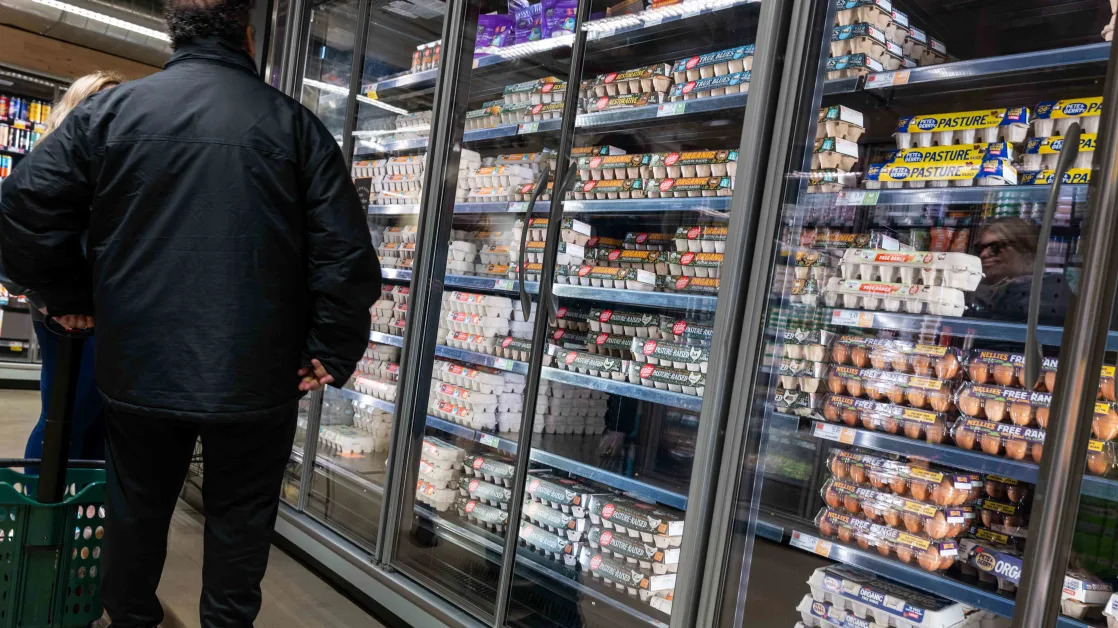(Bloomberg) -- Palm oil advanced for a fourth day — making it costlier than rival soybean oil that generally commands a premium — on expectations of strong purchases by top importers.
The world’s biggest vegetable oil buyer India is preparing for the Diwali festival, while China is seen increasing its stockpiles, said Abdul Hameed, director of sales at Manzoor Trading in Lahore. Consumption of cooking oils generally rises in the South Asian nation between September and November as Hindus celebrate several festivals, including Diwali.
Benchmark palm oil futures in Kuala Lumpur rose 1.4% to 3,921 ringgit a ton, the highest finish since July 26. Soybean oil, palm’s closest substitute for food and fuel, increased 0.2%, with its premium over the tropical last week becoming negative for the first time since March 2022.
Soyoil’s discount over palm was about $11 per ton on Monday, against an average premium of $237 in the past year and as high as about $565 a year earlier, according to data compiled by Bloomberg. Typically, such a situation prompts some buyers to switch to soybean oil, putting pressure on the palm oil market.
However, palm’s premium over soyoil is likely to stay intact as the availability of palm for exports from Indonesia is going to shrink, said Anilkumar Bagani, head of research at Mumbai-based Sunvin Group. Consumption in the country is increasing, but output is not rising much, he said.
Unless there is any significant change in U.S. soybean output estimates or Indonesia’s palm production outlook, palm oil will continue to fetch a premium, Bagani said.





